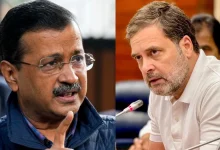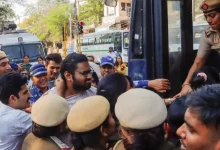Anurag Kashyap Sparks Outrage Over Alleged Anti-Brahmin Remarks Amid ‘Phule’ Film Controversy
The filmmaker faces backlash for an alleged abusive comment targeting Brahmins and for his expletive-filled defense of the delayed film Phule.
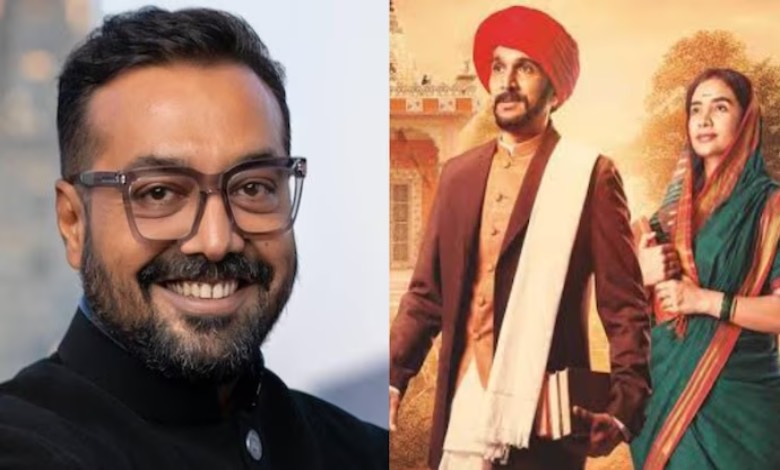
Filmmaker Anurag Kashyap has landed in controversy following his comments on Instagram defending the film Phule, which has been facing strong objections from Brahmin organisations in Maharashtra. The film, directed by Ananth Mahadevan and starring Pratik Gandhi and Patralekha as Jyotiba and Savitribai Phule, focuses on the lives of the 19th-century Dalit social reformers.
On April 17, Kashyap posted an Instagram story expressing disappointment over the mounting pressure and delays affecting the release of socially conscious films, including Phule. In his post, he questioned the backlash from Brahmin groups, highlighting that caste-based discrimination remains a reality in India. Recalling his first theatre performance based on the Phules, Kashyap wrote: “If casteism didn’t exist, why would they have needed to fight it?”
Kashyap also criticised the Central Board of Film Certification (CBFC), questioning how certain groups were able to view the film before its official clearance. “The system is completely rigged,” he alleged, citing other delayed films like Punjab 95, Tees, and Dhadak 2, which he claimed were stalled for addressing uncomfortable truths.
A fresh wave of criticism erupted when screenshots of an alleged Instagram comment by Kashyap began circulating online, in which he reportedly said: “Brahmin pe main mootunga… koi problem?” in response to a provocative user comment. Although Media Report could not verify the comment on his profile, Kashyap’s history of using harsh language against critics has led many to believe the comment may have been posted and later removed.
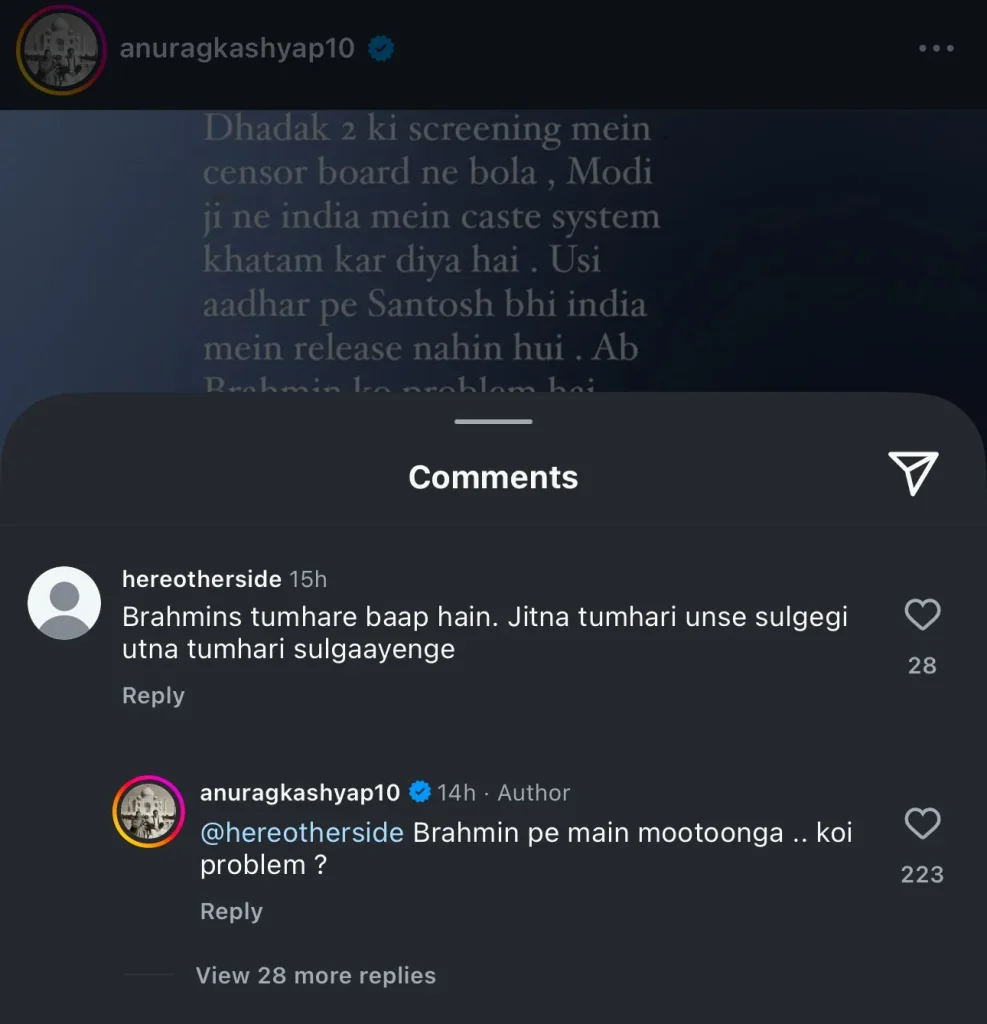
Kashyap continued his criticism of objections against Phule, saying the CBFC had earlier rejected another film, Santosh, on grounds that “Modiji has eradicated casteism.” He questioned the logic behind this claim, stating, “If there’s no caste system, how can someone even identify as a Brahmin?”
The filmmaker also took aim at the BJP-led central government, accusing it of casteist and regionalist censorship. He claimed that edits requested by the CBFC included replacing terms like Peshwai, Mahar, Mang, and phrases referencing “3,000 years of oppression.”
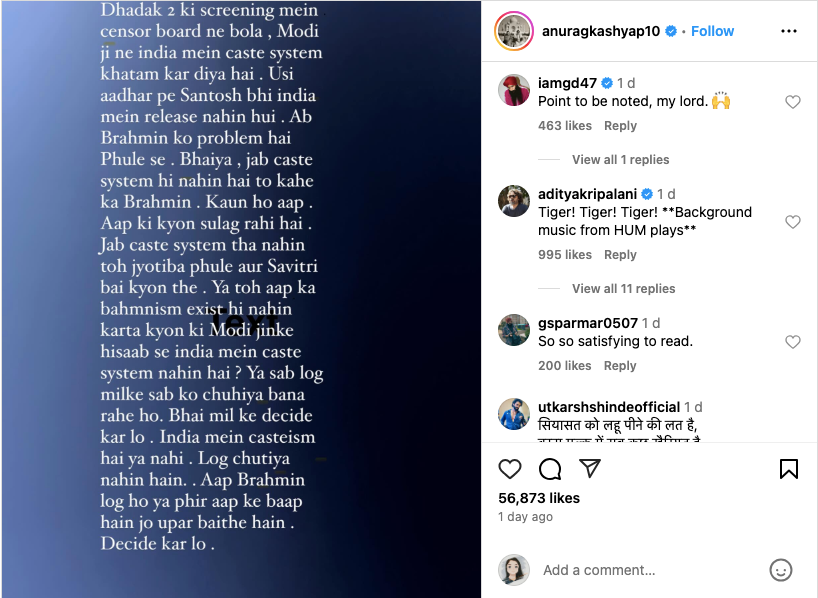
Critics argue that Kashyap’s language and tone cross the line from activism into hate speech, with his remarks being viewed as inflammatory and offensive towards the Brahmin community—a group that has historically faced targeted violence and socio-political exclusion, especially in Maharashtra.
The controversy also highlights broader societal tensions. Observers point to a trend of increasing hostility toward Brahmins in media and politics, noting past incidents such as the violence against Chitpavan Brahmins post-1948, and cultural erasure of Brahmin reformers from Maharashtra’s public discourse.
Kashyap’s outburst, many argue, contributes to a growing climate of animosity. Critics say his statements do not foster meaningful dialogue on caste injustice but instead vilify an entire community. This concern resonates beyond Maharashtra, with historical parallels drawn to anti-Brahmin incidents in Tamil Nadu as well.
While supporters defend Phule as an important narrative on historical oppression, detractors fear the film may promote a one-sided portrayal, reinforcing stereotypes against Brahmins.
As of now, Anurag Kashyap has not publicly addressed or clarified the alleged comment. The situation continues to draw strong reactions across social and political lines, reigniting debate over how India’s entertainment industry handles sensitive issues of caste, identity, and historical accountability.

